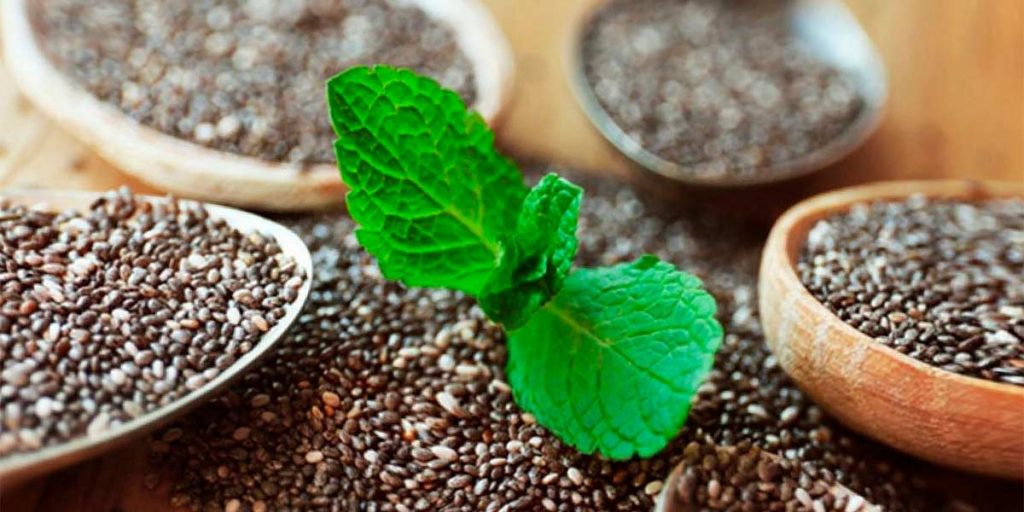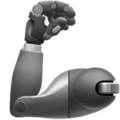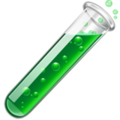As the name suggests, chia seeds are the chia plant or Spanish sage seeds. It is impossible to overestimate their benefits. They positively affect the human digestion process and contain many different antioxidants. Due to the maximum content of minerals and vitamins per gram, chia seeds are considered one of the healthiest foods.
On this page, you will find everything about the composition, useful properties and shelf life of chia seeds. We also share tips on properly consuming these seeds to get the most health benefits.
About Chia Seeds
These are the seeds of the chia plant (Salvia Hispanica or Spanish sage). It is an annual flower from Central America. It can reach 2 meters in height. Before the Spanish colonized the Aztecs, these seeds were one of the key foods in their diet.
For a long time, everyone forgot about the beneficial chia seeds since the plant was considered extinct. However, people discovered this plant again in the 1980s when Spanish sage was found in the mountains of Paraguay. Today, chia seeds are actively consumed not only by residents of South America but also by Europeans.

The health benefits of chia continue to be supported by numerous studies. These seeds are rich in iron, calcium, zinc, phosphorus, magnesium, and many other minerals. Moreover, they contain omega-3 vegetable fats and fibre, which improve stomach function.
Chia Seeds Caloric Content and Composition
The calorie content of chia seeds is quite high – about 490 kcal per 100 grams. Therefore, the daily intake is only 10 grams. Below you will find a table with calories, vitamins and minerals.
| Composition and calories | Per 100 g | Per 10 g |
|---|---|---|
| Calories | 486 kcal | 49 kcal |
| Carbohydrates | 42 g | 4.2 g |
| Cellulose | 34 g | 3.4 g |
| Fats | 30.7 g | 3.1 g |
| Vegetable omega-3 | 17 g | 1.7 g |
| Proteins | 16 g | 1.6 g |
| Minerals and vitamins | Per 100 g | Per 10 g |
|---|---|---|
| Calcium | 63% | 6.3% |
| Iron | 59% | 6% |
| Magnesium | 94% | 9.4% |
| Manganese | 130% | 13% |
| Phosphorus | 123% | 12.3% |
| Zinc | 48% | 4.8% |
| Vitamin A | 7% | 0.7% |
| Vitamin B1 | 54% | 5.4% |
| Vitamin B2 | 14% | 1.4% |
| Vitamin B3 | 59% | 6% |
| Vitamin C | 2% | 0.2% |
| Vitamin E | 3% | 0.3% |
Use of Seeds for Food
Since the seeds are covered with a hard envelope, in their usual form, they are partially digested by the stomach. Therefore, the most useful seeds are in the form of flour. Most often, they are used to make fruit and vegetable smoothies. Together with all the ingredients, they are whipped with a blender.
The seeds are also widely used in baking whole grain bread. Chia seeds contain a lot of soluble fibre, so the milled grains added to the dough make bread fluffy and give it a unique taste. Chia seeds also lower the glycemic index.
Another beneficial way to consume chia seeds is oil. In this form, the product is characterized by a high content of vegetable omega-3 acids. Also, this oil has found application in cosmetics, helping fight rashes and acne.
8 Health Benefits of Chia Seeds
Studies show that daily intake of chia seeds helps to reduce the amount of micro-inflammation in the body. It also helps to normalize blood pressure and cholesterol levels. Other useful properties also include:

Lots of Minerals
This is one of the richest sources of calcium and magnesium, which are so necessary for our body to function properly. For example, 100 g of chia seeds contain 59% of the daily requirement of iron, 94% of magnesium and 63% of calcium.

Lowering Cholesterol Levels in the Body
Because the seeds contain a very rare type of soluble fibre, they positively affect cholesterol levels in human blood. The daily presence of chia seeds in the diet helps to reduce the amount of bad cholesterol. It is important to note that the seeds also contain strong antioxidants that increase the absorption of omega-3s by the body.

Source of Essential Amino Acids
In terms of proteins, chia seeds have a very good composition. They contain amino acids methionine, lysine and many others, which are important and indispensable in the process of metabolism.

Rich in Omega-3
Chia seeds are very rich in vegetable omega-3s. They play an important role in the immune system’s functioning and help eliminate various micro-inflammations. For this purpose, it is better to take chia seeds in the form of oil.

Source of Antioxidants
The seeds also contain caffeic and chlorogenic acids. They are powerful antioxidants. Other acids found in chia seeds improve immunity.

Saturation of the Body
Chia seeds provide saturation of the body for a long time, as they contain a lot of fibre. Using them for food, a person quickly and for a long time gets rid of the feeling of hunger.

Improved Functioning of the Intestines
These seeds are a natural probiotic. As food for beneficial bacteria, the seeds help improve the condition of the microflora and intestinal function.

Easy to Grow at Home
You can not only buy chia seeds at the store but also grow them at home. Akin to mint and sage, the plant does not require special care and blooms beautifully. In addition, seeds can be harvested a year after planting.
Recommendations on how to Extend the Shelf Life of Chia Seeds
Like any other product, the shelf life of chia seeds shortens if they are not stored properly. In terms of storage date, this is usually the recommended shelf life, not the expiration date of the seeds. The shelf life set by the manufacturers is usually two years. In fact, with proper storage, chia seeds can be stored for at least 2-4 years.
Good seeds taste like nuts. If the seeds have a different or bitter taste, then they have gone bad. The best storage method is sealed packaging placed in the refrigerator or any other cool, dry and dark place. The seeds can also be stored in the freezer.
Regardless of the storage location, it is best to choose non-transparent packages and containers, as the light will cause the seeds to spoil more quickly. Also, remember about vacuum packaging because oxygen only speeds up the oxidation process.
Storage Details
| In the form of | Dark, dry and cool place (e.g., pantry) | Fridge |
|---|---|---|
| Seeds | 2-4 years | – |
| Flour | up to 1 year | – |
| Prepared meals | – | 5-7 days |
